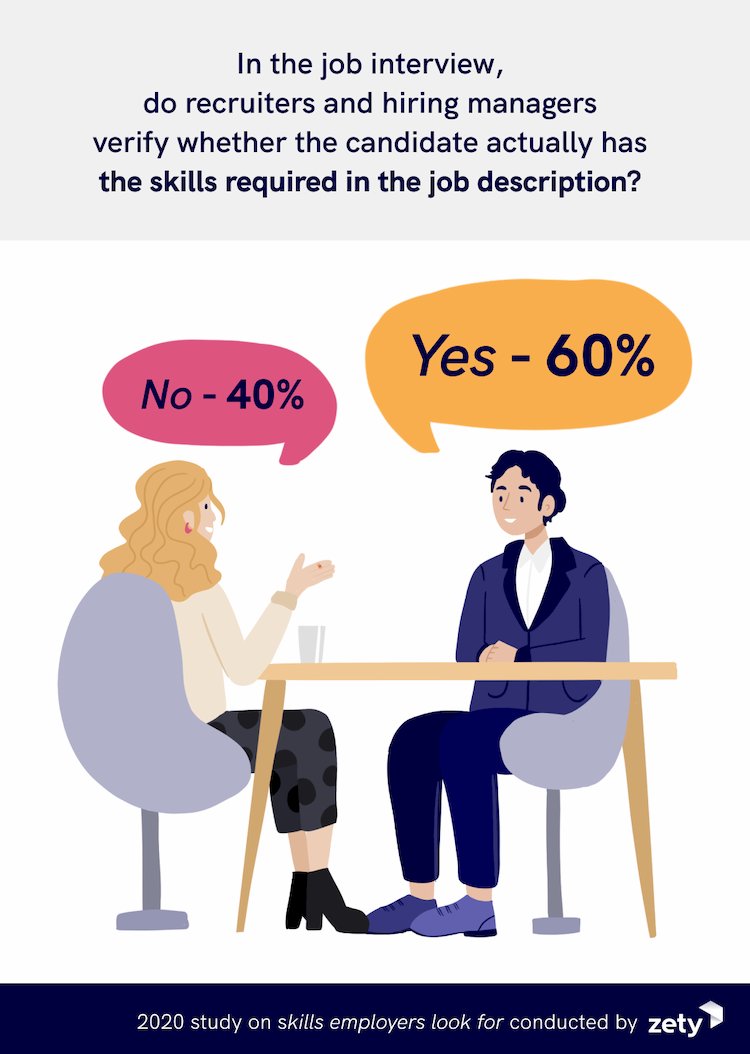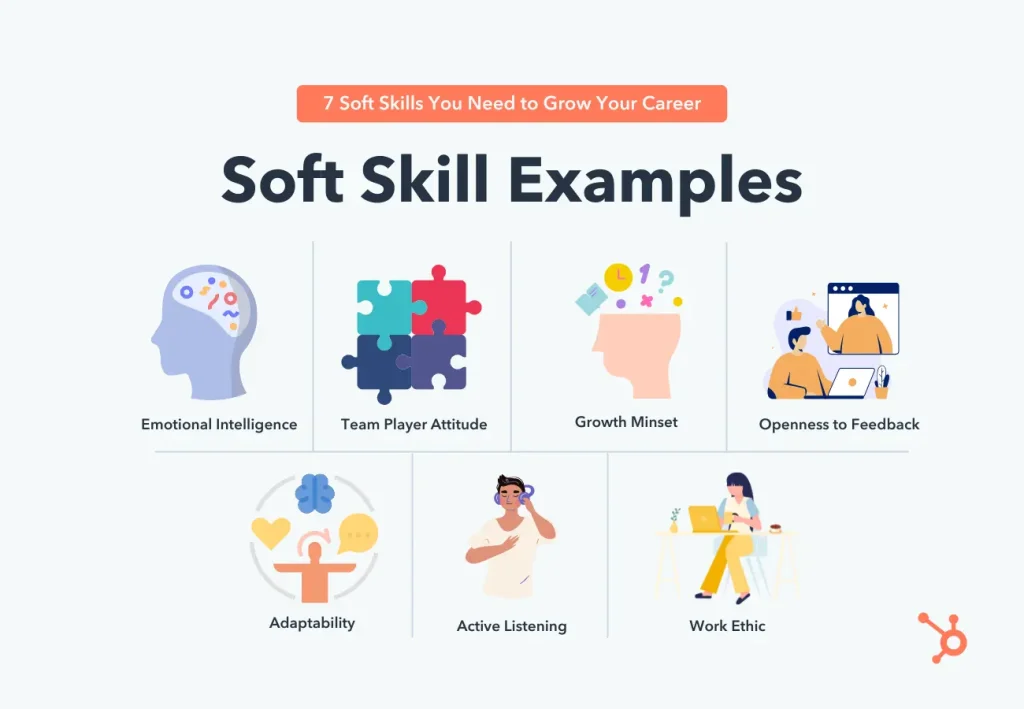Hiring? 3 Essential Soft Skills to Look for in New Employees
When it comes to hiring new employees, technical skills and experience often steal the limelight. But what really sets candidates apart are their soft skills. These are the personal attributes that enable someone to interact effectively and harmoniously with other people. In today’s fast-paced work environment, cultivating a team that excels in these areas is non-negotiable. Let’s explore the top three essential soft skills to look for when you’re next reviewing applicants.
The Power of Communication
First and foremost, the ability to communicate effectively is a game-changer in any industry. Whether it’s a casual conversation by the coffee machine or nail-biting client negotiations, the way your team members express their ideas and listen to others can dramatically influence your company’s success.
What does good communication look like? It’s not just about talking; it’s about active listening, clarity in conveying information, and the power to persuade. Great communicators can break down complex ideas into simple, digestible chunks that anyone can understand. They know when to speak, when to pause, and when it’s their turn to listen.
During interviews, pay close attention to how candidates express themselves. Are they clear and concise? Can they accurately summarize their thoughts? This gives you insight into how they’ll represent your company and work with others.
Teamwork Makes the Dream Work
The second soft skill in our trifecta is teamwork. No employee is an island, and even the most independent jobs require some level of collaboration. That’s why the capability to work effectively in a team is priceless.
But remember, teamwork is more than just getting along with colleagues. It’s about contributing to a group in a way that maximizes the collective strength. Team players are supportive, adaptable, and put the group’s goals ahead of their personal glory.
In the hiring process, ask questions that unearth past collaborative experiences. How did they handle a disagreement in their previous team? What role do they naturally take in group settings? Their answers will reveal how they may mesh with your existing team dynamics.
The Grace of Adaptability
The final critical soft skill is adaptability. In a world that’s constantly changing with new technologies and shifting markets, flexibility is key. Employees who exhibit adaptability are able to roll with the punches and pivot when necessary, preserving their own peace of mind and facilitating business continuity.
Adaptable individuals embrace change rather than run from it. They view challenges as opportunities to learn and are often the pioneers of innovation within their teams. They don’t crumble under pressure; instead, they rise to the occasion, ready to strategize and find solutions.
How do you spot adaptability in a potential hire? Look for a history of embracing new roles or environments, ask about a time when they had to learn something new quickly, or inquire how they handle unexpected changes. Their responses will help paint a picture of their resilience and willingness to grow.
Integrating Soft Skills into Your Hiring Strategy

Now, knowing these soft skills is one thing that’s helpful; integrating them into your hiring process is where the real magic happens. Here are a few practical steps to do just that:
Revise your job descriptions: Too often, job listings are a laundry list of technical requirements and responsibilities. While these are important, make sure to also include the soft skills you value. This sets the expectation right from the get-go that these skills are prized in your company.
Structure your interviews: Create situational and behavioral questions that are designed to coax out examples of these soft skills. The STAR (Situation, Task, Action, Result) technique is a fantastic way to guide candidates to share relevant stories that highlight their soft skills.
Include various evaluators: Different perspectives can help assess a candidate’s soft skills more accurately. Have them interact with potential teammates or different department heads to gather diverse impressions of their interpersonal skills.
Don’t forget about references: Previous employers and colleagues can provide invaluable insights into a candidate’s soft skill prowess. Ask them specific questions about the applicant’s communication style, teamwork capacity, and adaptability.
Remember, while resumes and qualifications are often the tangible tickets to an interview, it’s the soft skills that often determine how well an employee will fare in the long run. By consciously looking for communication prowess, teamwork ability, and adaptability, you’re more likely to build a robust, cohesive team that can handle whatever comes its way.
In conclusion, hiring the right person for the job isn’t just about ensuring they have the necessary technical skills; it’s equally, if not more, critical to assess their soft skills. Strong communication, teamwork, and adaptability are the backbone of a thriving workplace. Next time you’re sifting through that pile of applications or conducting interviews, keep these three soft skills at the forefront of your mind. They could very well be the deciding factor between a good employee and a great one. Happy hiring!

